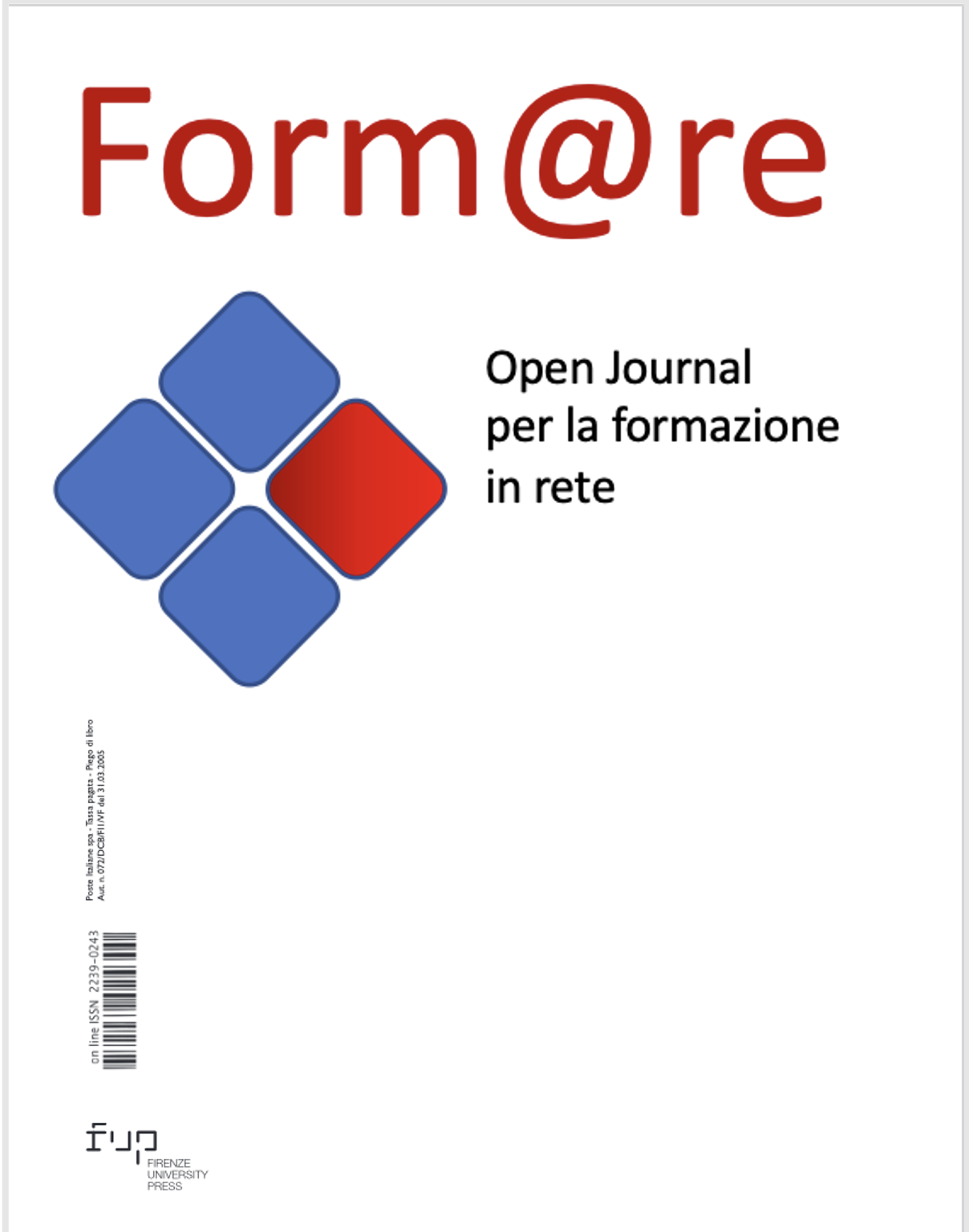In 1987, the World Commission on Environment and Development (WCED) introduced the construct of ‘sustainable development’ in terms of development that meets the needs of the present without compromising the ability of future generations to meet their own needs (Brundtland Report – U.N., 1987: 15): in other words development founded on an environmental pillar, and evolving from an economic and social perspective. In 1991, the document Caring for the Earth, A strategy for Sustainable Living, drawn up by IUNC (The world conservation union), UNEP (United Nations Environment Programme) and WWF (World Wide Fund for Nature), introduced the construct of sustainable development to mean “improving the quality of human life while living within the carrying capacity of supporting ecosystems” (IUNC, UNEP, WWF, 1991: 10). Since then, the sustainability model has been defined through goals of improving both the ecosystem and human well-being.
Sustainability itself is therefore a goal that implies sustainable development processes and sets the goals to be achieved. The SDGs provide a framework for tackling global problems such as poverty, unemployment, inequalities and disparities linked to gender, unequal distribution of wealth and power, and environmental risks. The 17 Goals and 169 targets represent an ambitious strategy to address urgent and unavoidable problems.
In this context, the need for a cultural change, an overall and pervasive orientation towards sustainability, is evident. Pursuing sustainable development requires what has been defined as a ‘sustainability mindset’ (Kassel, Rimanoczy, Mitchell, 2016; Hermes, Rimanoczy, 2018; Rimanoczy, 2021), a change of mindset encompassing values, attitudes and behaviours, a systemic approach that goes beyond technical knowledge and focuses instead on a broader understanding of ecosystem and sustainability (Kassel, Rimanoczy, 2018).
Since a few years also in the field of education the debate has shifted from environmental education (with a predominant focus on caring for the environment and biodiversity) to education for sustainable development, focusing on economics, health, poverty and social inclusion. The increased characterisation of environmental education in terms of development education led to the recognition of education as a key function (Marcinkowski, 2009). The ability to interpret and act in accordance with the principles of sustainability is increasingly considered necessary and qualifying in all contexts.
The great challenge of our times becomes then the creation of ecologically sustainable communities and societies, in the awareness that sustainability is not a property of the individual, but of the system as a whole and develops in its relationships (Visconti, Minow and Maclaran, 2014). The development of a sustainability mindset requires a lifelong, lifewide oriented approach of the educational processes that cannot be exhausted in the educational contexts, but need to be supported and strengthened in a plurality/continuity of experiences and learning environments, including the work context.
The educational and training professions (teaching and no-teaching), although not strictly included in the so-called green jobs, are thus called upon from a doble, strictly entangled, point of view:
1. education and training professionals are required to possess specific skills;
2. education, training and education professionals have an important role to play in the development of the skills needed for an eco-sustainable transition.
The journal aims to collect theoretical contributions, empirical research and educational experiences that can highlight the significance of critical and responsible educational action in support of an environmentally, socially, economically and culturally sustainable future.
AI and digital citizenship
Guest editor: Giovanna Del Gobbo (University of Florence)
Language: English, Italian, French
Deadline: contributions must be received by 10 June 2021
Publication: July 2021
PDF version: ITA|ENG

